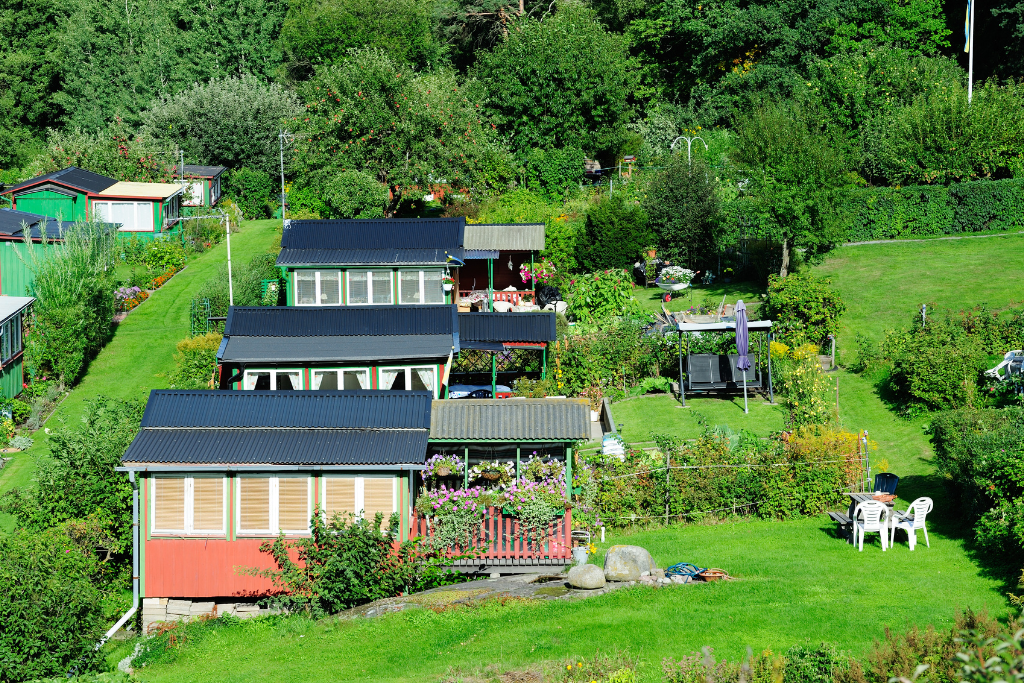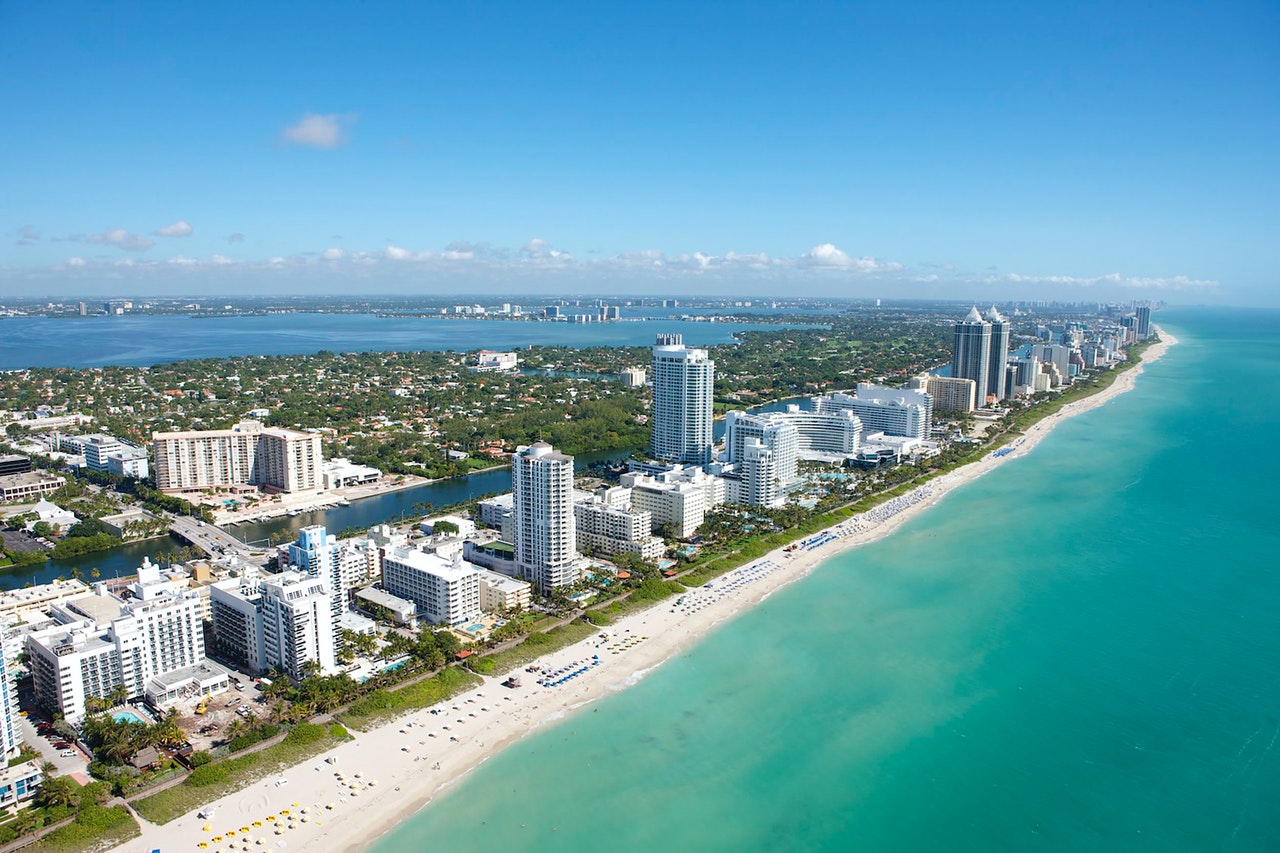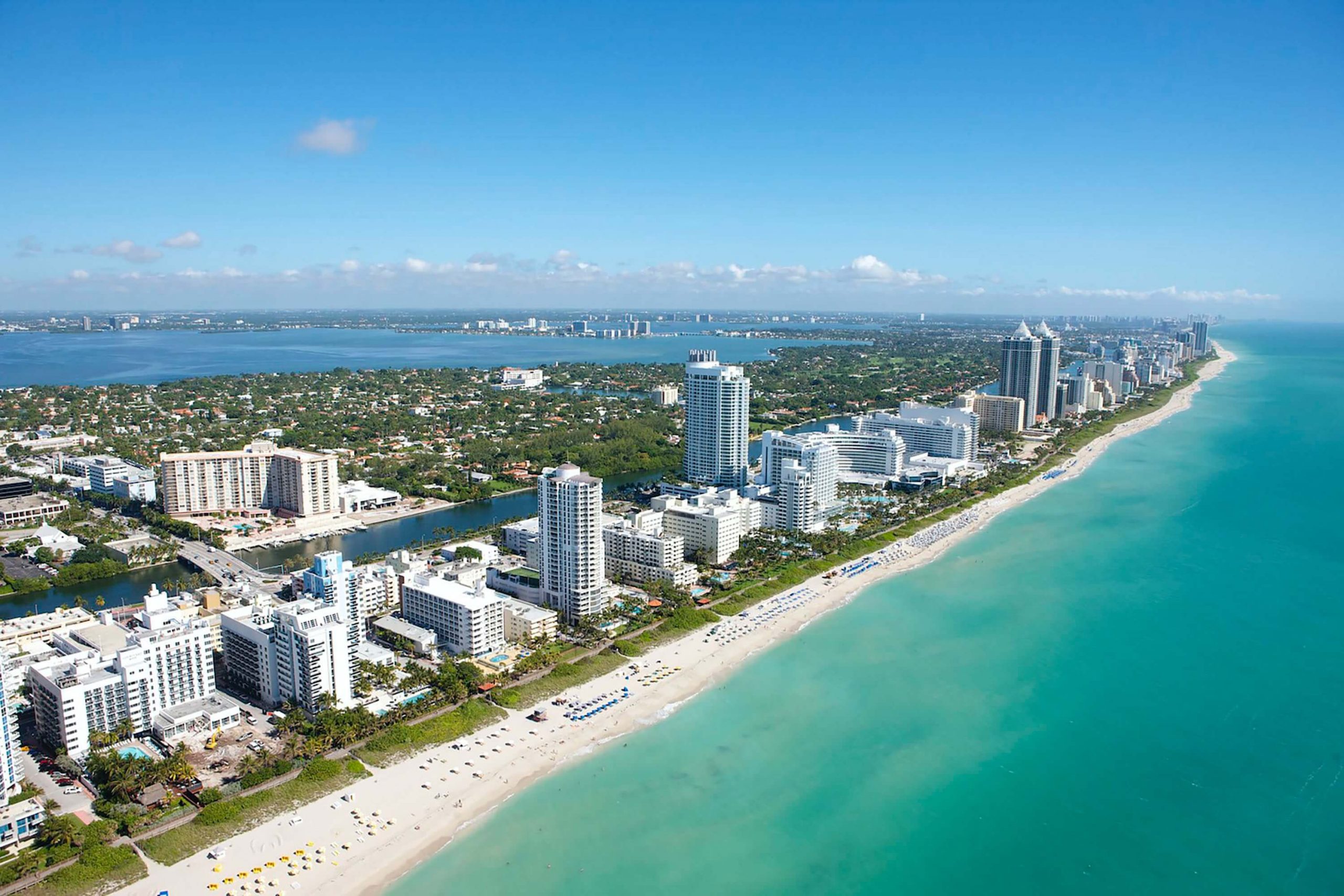1. First steps before moving to Ireland
Visa Requirements
After the UK’s exit from the European Union, if you are a British citizen who plans to live, work, or study in Ireland for more than 3 months, you may need to apply for a residence permit. They also may need to meet certain criteria, like having a job offer or being a student in a recognized course. Depending on reasons why they wanted to stay in Ireland, UK citizens may also have to meet different immigration rules.
The Irish Naturalisation and Immigration Service (INIS) website allows you to apply for a resident permit online. Alternatively, you can apply in person or by letter to your local Irish embassy or consulate.
Get your Personal Public Service Number
Personal Public Service (PPS) is a unique and confidential number issued to individuals in Ireland by the Irish Government’s Department of Employment Affairs and Social Protection. The PPSN is used to access a range of public services and benefits in Ireland, including social welfare, opening a bank account, healthcare, taxation, and education.
If you are a British citizen moving from the UK to Ireland, you will need to sign up for a PPSN with the Department of Employment Affairs and Social Protection of the Irish Government; however, please bear in mind that this is not a replacement for residency or immigration status.
To get a PPSN, you will need to show proof of your identity and where you live, like a passport or driver’s license and a bill from a utility company.
Finding a job
As of August 2023, Ireland’s unemployment rate is 4.1% compared to the population of 5 million plus residents.
Ireland has a high demand in many sectors including registered nurse, information security analyst, software engineer, e-commerce manager, digital content creator, UX/UI designer, financial advisor, automation engineer, sustainability manager, data scientist, to name a few.
When finding a job in Ireland, you can use employment vacancies and internet job postings like Indeed and LinkedIn.
Indeed (Oct 2023) & Central Statistics Office (August 2023)
How your pension works in Ireland
An individual is subject to one country’s social security laws at a time if you live or work in Ireland, work in both the UK and Ireland, or work across the border. This means that you can get your pension from any country whose social security laws you have to follow, no matter where you live. You can get your UK State Pension or a new UK State Pension if you retire and permanently live in Ireland.
Pension income in Ireland will be taxed in different ways depending on your residency status, the type of pension you have, and both the UK and Ireland’s tax laws. If you live in Ireland, your pension income may be subject to Irish income tax, and you may have to pay tax on your pension income in both the UK and Ireland.
Getting there
You may make an informed decision on how to move to Ireland from the UK by looking into these options for transportation.
If you prefer to take a flight to your new home, you can book your flight to get there, for example through its major airport, Dublin International Airport.The distance between Dublin and London is 451 km, and the average flight time is 1 hour and 15 minutes.
The train is one of the most cost-effective and easy ways to travel between the United Kingdom and Ireland, and the overall travel duration is approximately 8 to 10 hours.
A ferry from the UK to Ireland takes between 2 and 30 minutes from Fishguard to Rosslare and 8 hours from Liverpool to Dublin, while a ferry from Scotland to Ireland takes about 7 hours.
Given the proximity between the United Kingdom and Ireland, bus transportation is far common between these two countries. It is typically more affordable, and the travel period ranges from 12 to 16 hours.
Be sure to arrive in Ireland two or three days before your move in date so you have time to take care of last-minute tasks.
Getting there by car
Moving to Ireland from the UK with your car is feasible. There are some rules and procedures to follow, like getting your car registered with the Irish government and getting an Irish registration number.
The vehicle registration document (V5C) or the bill of sale, as well as a valid UK MOT certificate and proof of car insurance, are needed as proof of ownership. Once you register your car in Ireland, you must pay any vehicle registration tax (VRT).
If your car is older than four years, it may have to go through an emissions test. You also need to meet Irish laws about road safety and the environment. Before you move your car from the UK to Ireland, you should get help from the Irish Revenue Commissioners because processes are complicated and depend on your specific circumstance.
Prior to moving, you must schedule an appointment with the NCTS within 7 days of your car’s arrival in Ireland and complete the registration process within 30 days. Before your car may be registered, it must obtain an electronic Certificate of Conformity (e-CoC).
Must dos before your arrival
You may find it exciting and challenging to move to Ireland. You will be more prepared for your new life if you are aware of these things beforehand.
- Apartment Hunting: Plan ahead by researching and scheduling apartment visits before your arrival. This proactive approach will help streamline your housing search process and ensure a smoother transition.
- If you have a pet and would like to bring them to Ireland, be sure to know the rules about bringing your pet to Ireland.
- Be prepared to learn new words and phrases as people from all around Ireland have a variety of accents and vocabulary!
- Ireland has two currencies, the euro (€) and the British pound sterling (£). The Republic of Ireland uses the euro. The British pound sterling is only used in Northern Ireland where the euro is not accepted. So if you’re traveling to Northern Ireland, make sure you bring enough pound sterling with you.
Traveling to Ireland with a Pet
Moving to a European country or Northern Ireland requires a new animal health certificate if you want to move to Ireland from the UK with your pet. Your pet doesn’t need another rabies shot if it’s up-to-date and tapeworm treatment is required on direct flights to Ireland.
2. Upon your arrival in Ireland
Must dos right upon your arrival
- Get familiar with your neighborhood, and make sure to take note of the important emergency numbers.
- Locate the essential facilities like the nearest hospital, police station, and fire department for your safety and in case of emergency.
- It is important to immediately book an appointment with the Garda National Immigration Bureau to get your residence permit!
Get your Residence Permit (GNIB Card)
Upon arrival, it is best to sign up with the Irish government. Registration is needed for immigration purposes, and all non-Irish people who plan to stay in the country for a long time must do it. You’ll need to apply for a Certificate of Registration, which is also called a GNIB card, to register for immigration purposes.
This can be done at the Garda National Immigration Bureau (GNIB) office in your area. To get a GNIB card, you’ll need to show your passport, proof that you live in Ireland (ex: utility bill or rental agreement), proof of your right to be in the country (ex: work permit or student visa), and a photo the size of a passport.
A fee is required for the GNIB card, and the time it takes to process it can vary from office to office. It’s important to remember to register as soon as possible because if you don’t, you could be fined, deported, or face other penalties.
Healthcare
One of the first things you need to consider upon your arrival in Ireland is to know your healthcare options.
Ireland features a dual healthcare system that includes both private and governmental options. Everyone who is a permanent resident in Ireland with documents as proof is entitled to a variety of public health services that are either free or at a reduced cost.
If you are moving to Ireland, you must demonstrate to the Health Service Executive (HSE) that you have lived in Ireland for at least a year or that you intend to live here for at least a year.
Setting up your cell phone
Almost all European cell phone networks will have a partner service in Ireland, and there will be no roaming charges for calls, text messages, or internet usage. This means you can utilize your existing gadget without purchasing a new one.
Unless you have a plan, you won’t be able to use Wi-Fi outside of airports, restaurants, and bars in Ireland. Ireland has eleven broadband providers. They include Rural Wi-Fi, Sky Ireland, Virgin Media, Vodafone, Cellnet, Digiweb, Eir, IFA Telecom, Imagine, and Pure Telecom. Choose your ideal broadband provider before moving to Ireland from the UK.
Getting a driver’s license
Before learning to drive a car or work vehicle on public roads in Ireland, it is a must to obtain a learner driving permit. When you pass a driving test, you can apply for a license for the vehicle category for which you were tested.
To apply for a driving license in Ireland, you must be a permanent resident. You are considered a resident in Ireland if you spend at least 185 days in each calendar year here due to personal or occupational ties. The Road Safety Authority is in charge of driver licensing, while the National Driver Licence Service (NDLS) is in charge of license applications and renewals. You can renew your license either online or in person at an NDLS office.
Setting up a bank account
Opening a local bank account will ease your financial transition if you’re moving to Ireland. To be paid, to pay your bills and taxes, and to purchase real estate, you must have an Irish bank account. Most people apply in person or online and must provide Identification and confirm their residency. The most popular banks in Ireland are Bank of Ireland, Allied Irish Banks, Permanent TSB, and Ulster Banks Ireland.
While the required documentation depends heavily on each bank, you generally need two things: An I.D. number, and proof of your identity and address—a government-issued photo ID will suffice.
3. Best places to live in Ireland

Moving to Ireland means deciding where you want to live and considering your priorities. We’ve listed the best places to live in Northern Ireland!
|
Neighborhood |
Characteristics |
|
Dublin |
Capital of Ireland |
|
Cork |
Best for students and universities |
|
Galway |
Rich in history and culture |
|
Bangor |
Perfect for beach lovers |
|
Lisburn and Castlereagh |
A perfect combination of rural and urban |
Setting up home services
Petroleum, natural gas, renewables, and solid fossil fuels provide most of Ireland’s energy. Pinergy, Electric Ireland, and PrepayPower are prepaid electricity providers, but the rest are standard electricity suppliers. Some electrical suppliers in Ireland are Bord Gáis Energy, Community Power, Ecopower, Electric Ireland, and Energia.
Irish Water manages and maintains public water mains, although local governments perform certain services on its behalf through service level agreements. Ervia is currently a subsidiary of Irish Water. The government agreed in July 2018 that Irish Water would become a separate, publicly owned, commercial, regulated utility from the Ervia Group.
Household waste collection in Ireland
It would be great to verify with your local government because trash collection policies can vary from one location to another. Typically, a private contractor is in charge of handling garbage, and they offer a variety of price choices depending on the services they have.
Should you rent or buy?
As of June 2023, the median cost of buying a property in Ireland is €318,000; as of October 2023, the median rent for a 1-bedroom apartment in the city center is €1,446.96.
Trusted websites such as Zoopla and Rightmove are often used to find available apartment listings and property or engage with real estate agents for assistance.
Central Statistics Office (August 2023) & Numbeo (Sept 2023)
4. Cost of living in Ireland
|
Category |
Monthly cost |
|
1 bed apt rent outside city center |
€1,221.93 |
|
Groceries Numbeo’s grocery list (€60.91 multiplied by 4) |
€243.64 |
|
Utilities Electricity, heating, cooling, water, garbage |
€206.34 |
|
Internet with 60 Mbps |
€48.87 |
|
Transit pass |
€100.00 |
|
Entertainment Meal, taxi, movie |
€102.00 |
|
Gym membership |
€46.18 |
|
Total |
€1,968.96 |
*prices in Euros
5. The weather in Ireland
Moving to Ireland from the UK simply means getting used to the local weather. Ireland has a pleasant, humid, and changeable climate with plenty of rain and a lack of temperature extremes that can be unpredictable at times.
May and June are the sunniest months, while December and January are usually the wettest months.
Ireland’s location in the Atlantic Ocean, which is constantly warmed by the Gulf Stream, accounts for this. Winter temperatures range from 4.0 °C to 7.6 °C, while summer temperatures range from 12.3 °C to 15.7 °C. Summers in the area are usually pleasant, and winters are mild.
6. What to do as a local in Ireland
Residents of Ireland take pleasure in spending their weekends either watching or playing soccer — or as the Irish call it, football. The most popular team in Ireland is Manchester United, so be sure to catch a game to embrace the English culture. Ireland is also known for a sport not played in Canada, known as Gaelic football!
Ireland is also known for its historical sites and pub culture. Don’t forget to take time for yourself over the weekend and relax with a beer or cold drink. One of the most popular pubs in Ireland is the Temple Bar in Dublin.
If you truly would like to become a local, be sure to explore local farmer’s markets and antique markets filled with unique products for your new home!
7. Fun facts about Ireland
- Fun Fact #1: St Patrick’s Day, celebrated on March 17th is known for the tradition of celebrating Irish culture. It is a national holiday in Ireland!
- Fun Fact #2: Ireland is home to the Cliffs of Moher, which rise from the Atlantic Ocean.
- Fun Fact #3: Ireland has two traditional sports known as Hurling and Gaelic football!
Conclusion
If you want a quieter and more relaxed lifestyle, Ireland is a better choice. It is quite close to the United Kingdom, making it simple to communicate with friends and family back home. The country’s small size makes it ideal for you and your family members to enjoy the country, so there’s no reason to miss out on reasons to move to Ireland from the UK.
Are you planning to move soon? Check the best Removal Companies in Belfast to assist you.





